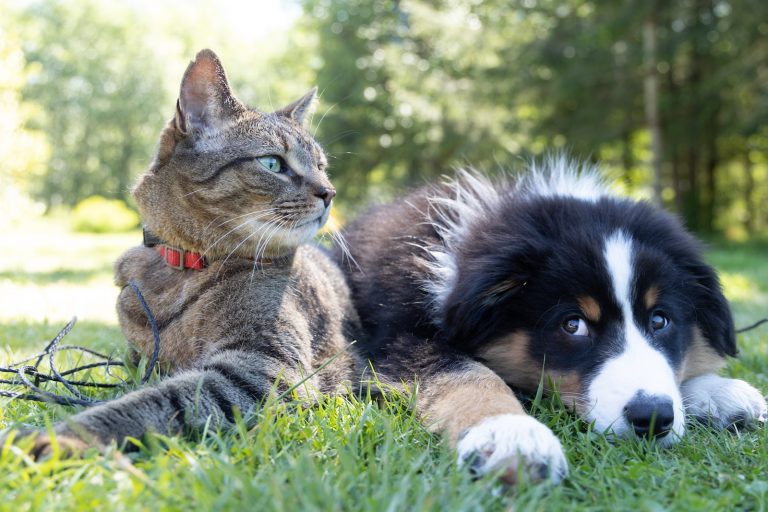Balancing the demands of college life with the responsibilities of pet ownership can be a daunting task. Late-night study sessions, sporadic schedules, and social obligations may seem overwhelming. However, having a pet while in college can offer countless moments of joy and emotional support. So, how can a busy college student ensure their furry friend gets the time and attention they deserve? Let’s explore some practical ways to juggle academic commitments with pet care.
Story Stages
1. Setting a Routine
College life is inherently unpredictable, with classes at different times on different days, surprise assignments, and impromptu social events. Nonetheless, pets, especially dogs and cats, thrive on routine. They anticipate feeding times, playtimes, and walk times based on patterns they’ve come to expect.
If you have a dog, consider setting up a daily walk schedule. Early morning or evening walks can be a perfect way to break up your study sessions and get some fresh air. Not only will your dog appreciate the consistency, but you’ll also benefit from the routine and exercise.
When planning your pet’s meals, ensure their diet is nutritionally balanced. Including dog food supplements can enhance your pet’s health and vitality, especially during the stressful college years. This dietary boost can help combat the effects of a less-than-ideal routine and ensure your dog gets the nutrients they need.
2. Study Sessions with Your Pet
While your BS in Public Health or any other degree might demand significant study time, there’s no reason your pet can’t be involved. If you have readings or online lectures, find a comfy spot where both you and your pet can relax. Cats, in particular, often appreciate curling up next to their owners during long reading sessions.
Including your pet in your study time also serves as a reminder to take breaks. Every hour, take a five-minute pause to play or cuddle. This not only gives your brain a much-needed rest but also provides your pet with regular attention.
If you’re working on group projects or study sessions with classmates, consider hosting them at your place sometimes. This way, your pet can still be around, and perhaps your classmates will appreciate the furry distraction!
3. Using Technology
There are many pet-oriented technologies available that can help you keep an eye on your pet and ensure they’re entertained, even when you’re not home. Automatic feeders can dispense meals at set times, ensuring your pet sticks to a routine even if your class schedule gets chaotic.
Pet cameras with two-way audio can let you check in on your pets during long class days. Some even have treat-dispensing options, allowing you to reward your pet from afar.
4. Combine Social Time with Pet Time
One significant aspect of college life is socializing. Instead of always going out, why not host a pet-friendly get-together? Movie nights, board game sessions, or just hanging out can be even more enjoyable with pets around.
If you have a dog, attending a dog park can be both a social outing for you and an opportunity for your dog to play and socialize. It’s a win-win! You’ll get to meet other dog owners, and your pet will expend energy, ensuring they’re calm and relaxed when you return home to study.
5. Seek Support
If there are days when you genuinely can’t manage, it’s okay to seek help. Perhaps you have roommates, friends, or neighbors who’d be willing to walk your dog or play with your cat. There might also be local pet-sitting services or dog-walking businesses that can assist on particularly busy days.
Also, don’t forget the power of campus resources. Some colleges offer pet-friendly housing or have student organizations centered around pet care and advocacy. Leverage these to find support and build a community of fellow pet-loving students.
Balancing Your Priorities
In conclusion, while college presents a myriad of challenges, making time for your pets is not only possible but also immensely rewarding. The unconditional love and companionship they offer can be the perfect antidote to college stress. By setting routines, incorporating pets into study sessions, using technology, combining social time, and seeking support, students can ensure their furry friends are well taken care of. In return, pets provide invaluable emotional support, making the college journey a bit more heartwarming and a lot more furry.
